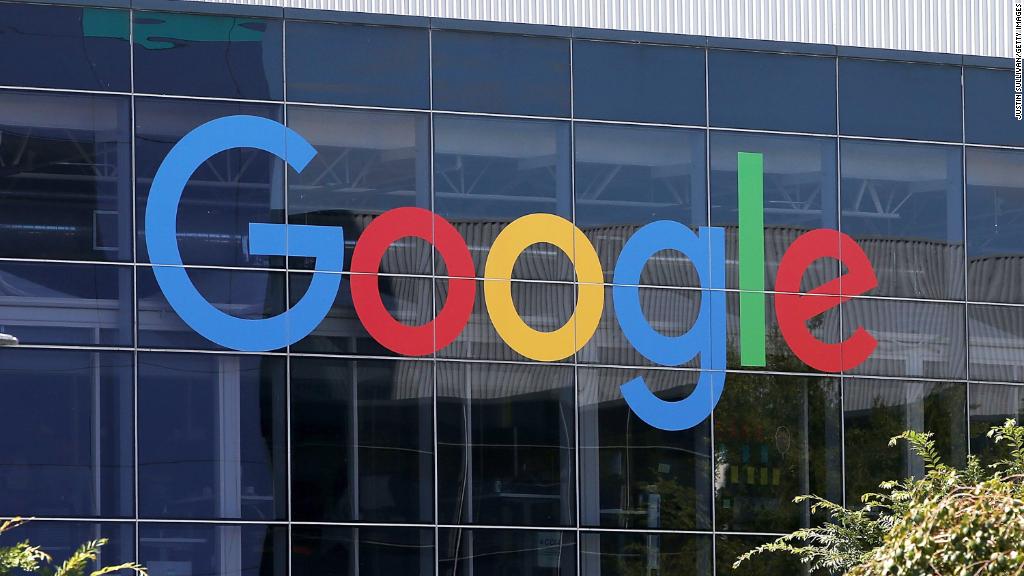
As the world's biggest militaries embrace artificial intelligence, Google says it will no longer be involved.
The Silicon Valley tech giant announced AI principles Thursday, saying it wouldn't pursue weapons or other technologies whose principal purpose is to cause harm. It also said it won't pursue surveillance technologies that violate international norms. And it won't pursue AI technologies that violate human rights.
Google has endured a recent employee backlash due to its involvement in a US Air Force project that used drones to automatically identify objects with the company's technology. Critics said the program was a step toward fully autonomous weapons, which hunt targets and decide to kill without human supervision. Google will not renew the contract when it ends.
"How AI is developed and used will have a significant impact on society for many years to come," Google CEO Sundar Pichai said in a blog post. "As a leader in AI, we feel a deep responsibility to get this right."
Google will continue to work with militaries and governments in other areas, such as cybersecurity, training, recruiting and veterans' health care.
Related: Google says it will not renew controversial Pentagon contract
Artificial intelligence has become a hot topic for militaries worldwide following China's 2017 announcement that it will be the global leader in AI by 2030.
This spring the Pentagon released its first new national defense strategy in a decade. It highlighted the importance of artificial intelligence technologies in winning the wars of the future.
"We're seeing a world that's transitioning to where the metrics for power are shifting," Paul Scharre, author of the book Army of None and a director at the Center for a New American Security told CNN. "Traditionally, militaries have pointed to how many ships, airplanes or ground troops they have, as measures of power. But that will shift. What may matter more is how many robotics vehicles, or how many drones at sea, or in the air or the software inside of all these systems."
The US military had looked to Silicon Valley to help it stay ahead of adversaries. But now the Pentagon will have to focus outside Google, which has many of the world's best AI researchers on staff.
Google is opening an artificial intelligence center in China
"Dear Googlers demanding that defense related work be off-limits for the company: if previous generations' technologists thought like you, we'd be living in the world of 'The Man in the High Castle,'" University of Washington computer science professor Pedro Domingos tweeted recently, referencing the Amazon show with an alternative ending to World War II.
Google's decision was generally cheered by those calling for bans on autonomous weapons, where AI is a critical technology.
"The Campaign to Stop Killer Robots welcomes Google's pledge," global coordinator Mary Wareham told CNN. "Governments should heed this latest expression of concern and begin negotiating new international law to retain meaningful human control over weapons systems."

